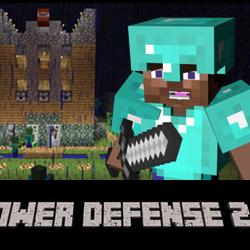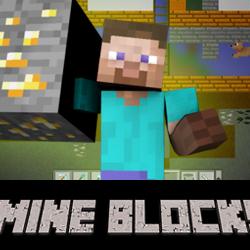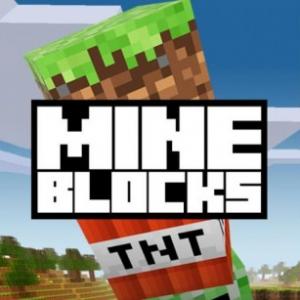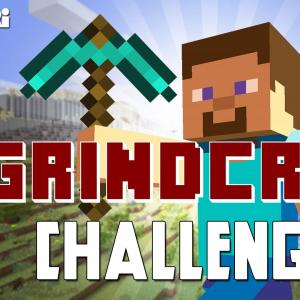What Exactly are Minecraft Games?
Minecraft, a wildly popular sandbox game, was first released in 2011 by Mojang Studios. Its creator, Markus "Notch" Persson, built the game using Java programming over two years. During that time, eager fans could try out numerous test versions, released publicly starting in May 2009, before the full game officially launched on November 18, 2011.
Why Minecraft Games Remain Popular Through Decades
What's the secret to their enduring appeal? As mentioned above, Minecraft officially launched in 2011. Over the past 10 years, Minecraft's appeal has always been maintained based on the following 4 factors:
-
Accessibility: The core gameplay mechanics are easy to understand, making them inviting for players of all ages and skill levels.
-
Creative Freedom: Minecraft is all about expressing yourself, and these games continue that tradition, offering countless ways to build, explore, and create.
-
Nostalgia Factor: For many, these games evoke fond memories of playing the original Minecraft, tapping into a sense of nostalgia and familiarity.
-
Constantly Evolving: New Minecraft games are released regularly, keeping the experience fresh and exciting for seasoned players.
Are Minecraft Games good for the kids’ brain?
While not a replacement for traditional education, Minecraft can offer some surprising cognitive benefits. Navigating its 3D worlds can boost spatial reasoning skills, while surviving and building challenges encourage problem-solving and planning. The game's open-ended nature is a boon for creativity, letting players build anything they can imagine and fostering a sense of accomplishment. Furthermore, the collaborative aspects of multiplayer servers can enhance communication and teamwork. However, like any screen time, moderation and balance are key. Minecraft's potential shines brightest when it's part of a diverse range of activities and learning experiences.
Conquering the Challenges: Strategies for Success
Want to climb the leaderboards and achieve those coveted high scores? Keep 4 important tips in mind:
-
Master the Basics
You should familiarize yourself with the controls, understand the game's objectives, and learn how to effectively gather resources and craft essential items.
-
Plan Your Moves
Impulsive actions can lead to setbacks. Don’t forget to take your time, think strategically, and consider the consequences before making a move, especially in survival-based games.
-
Prioritize Resources
Learn which resources are most valuable and manage them wisely. This might involve prioritizing food and water in survival games or gathering specific materials for building projects.
-
Don't Underestimate Crafting
Crafting is often key to success. Experiment with different recipes to discover powerful tools, weapons, and armor that will give you an edge.




 Running Games
Running Games Army Games
Army Games Strategy Games
Strategy Games Rugby Games
Rugby Games Football Games
Football Games Skill Games
Skill Games Thinking Games
Thinking Games Riddle Games
Riddle Games Doctor Games
Doctor Games Backgammon Games
Backgammon Games Bus Games
Bus Games Hunting Games
Hunting Games Monster Truck Games
Monster Truck Games Scary Games
Scary Games